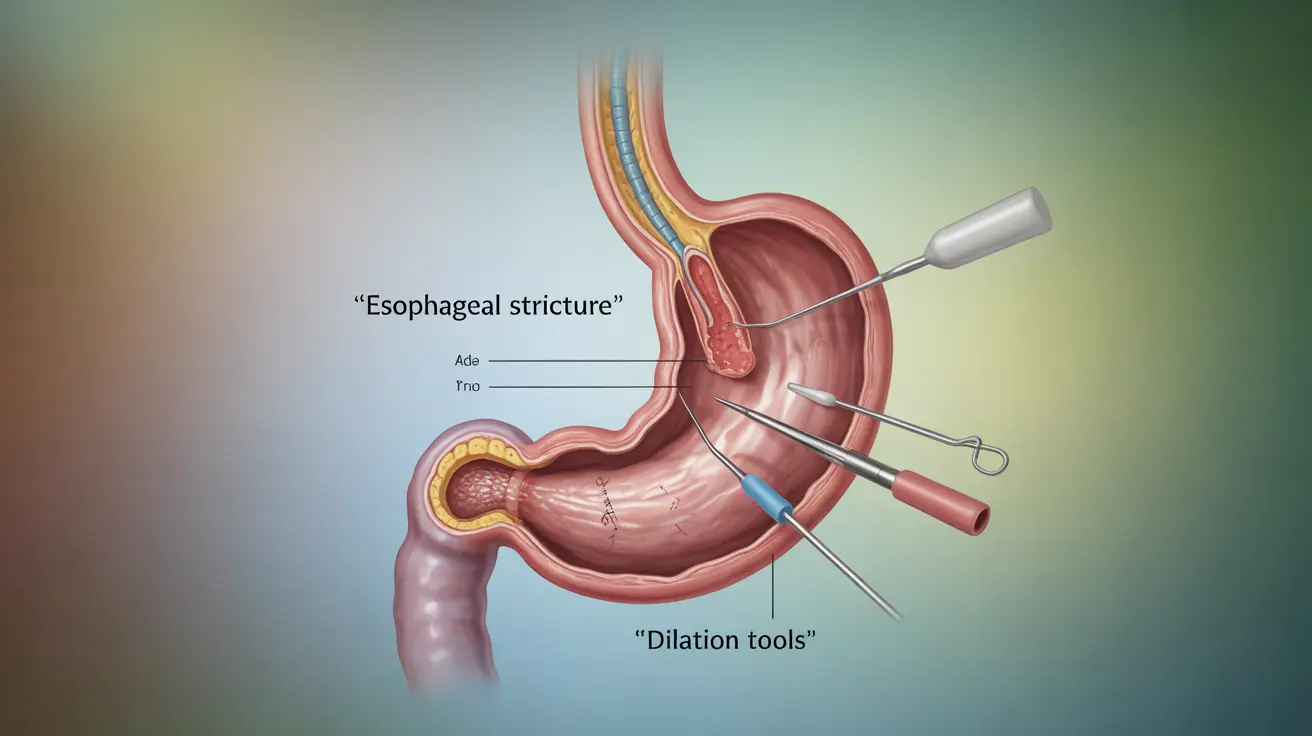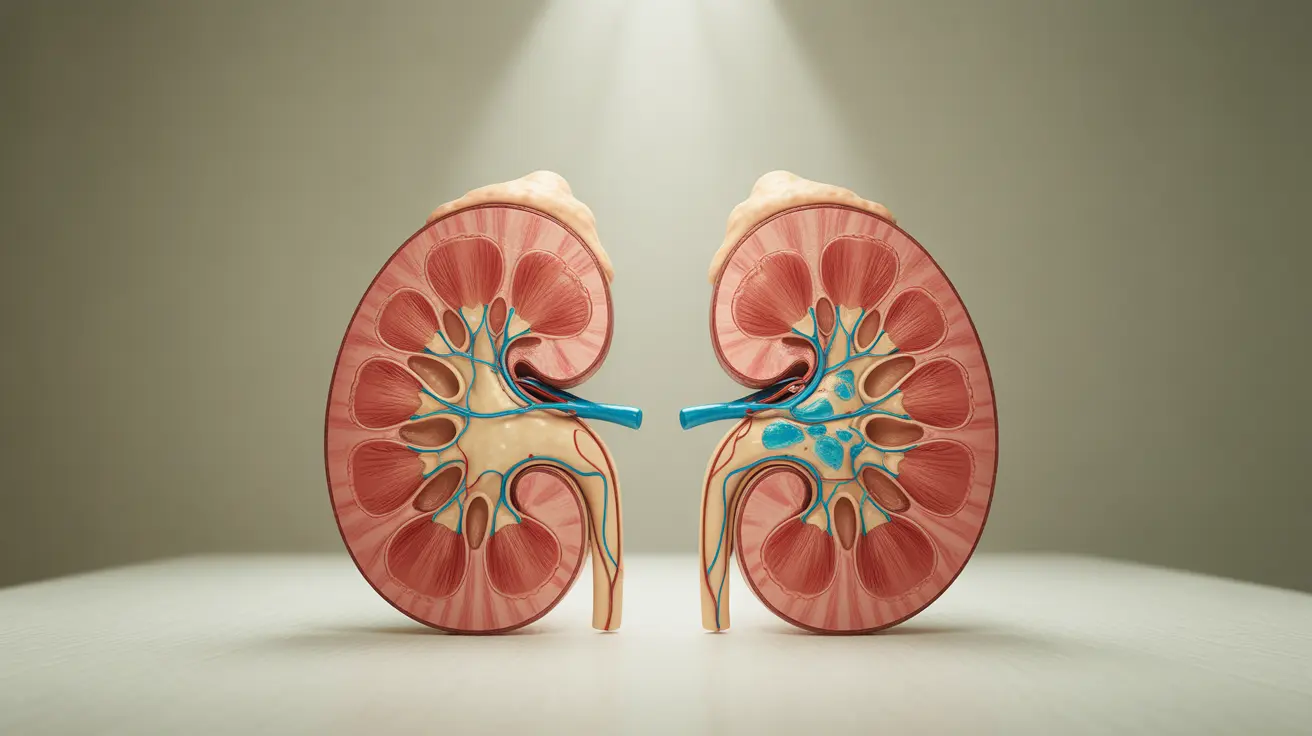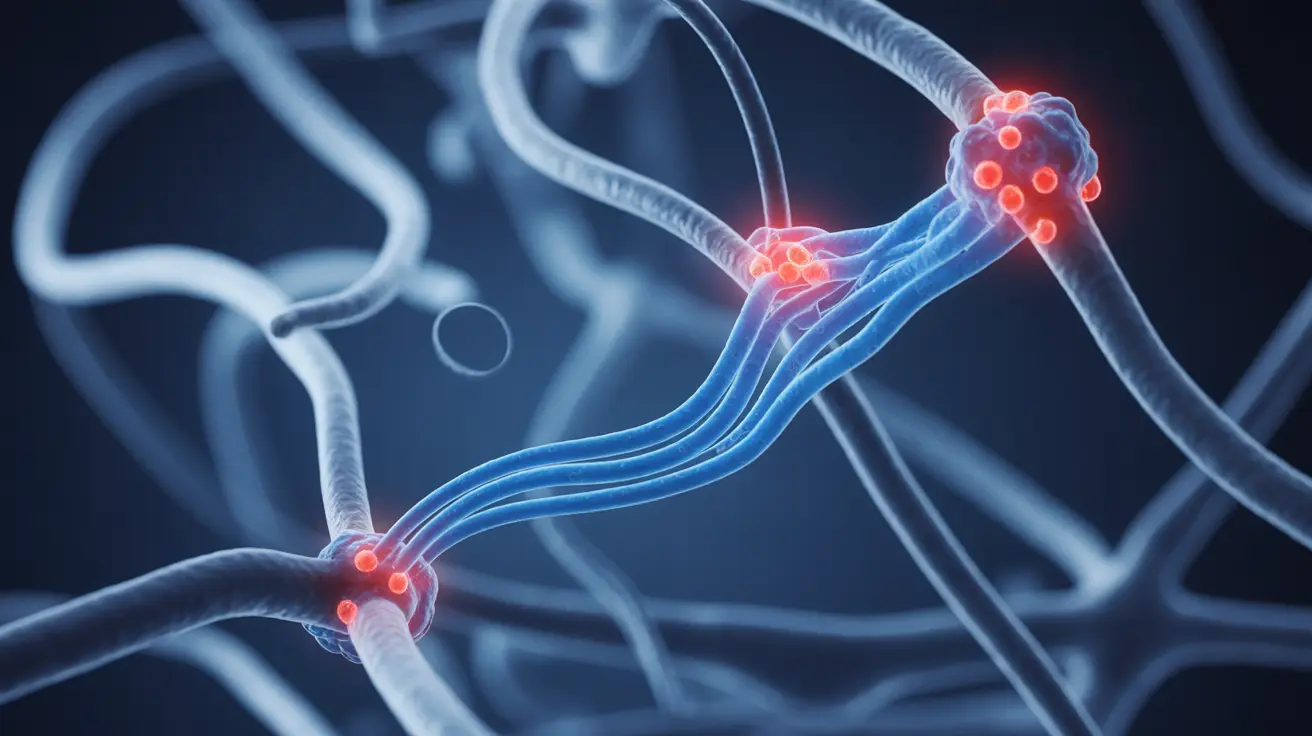Hair loss after bariatric surgery is a common concern that affects many patients during their weight loss journey. While this side effect can be distressing, understanding its causes, duration, and management strategies can help you better prepare for and cope with this temporary change. This comprehensive guide explores everything you need to know about post-bariatric surgery hair loss and how to support healthy hair growth during your recovery.
Why Hair Loss Occurs After Weight Loss Surgery
Hair loss following bariatric surgery primarily occurs due to two main factors: physical stress from the surgery itself and nutritional changes that follow the procedure. The surgical stress triggers a condition called telogen effluvium, where hair follicles enter a resting phase and eventually shed. Additionally, the significant reduction in caloric intake and potential nutrient deficiencies can impact hair health and growth patterns.
Timeline and Recovery Patterns
Most patients begin to notice hair thinning approximately 3-6 months after their bariatric procedure. This timing corresponds to the natural hair growth cycle and the body's response to the surgical stress. The good news is that this type of hair loss is typically temporary, with most patients seeing improvement within 6-12 months as their body adjusts to the changes and nutritional balance is restored.
Common Hair Loss Patterns
Post-bariatric surgery hair loss usually presents as:
- Overall thinning across the scalp
- Increased hair shedding during washing or brushing
- Noticeable reduction in hair volume
- Temporary widening of the hair part
Impact of Different Bariatric Procedures
The extent of hair loss can vary depending on the type of bariatric surgery performed. Malabsorptive procedures like gastric bypass tend to have a higher risk of nutrient deficiencies that can affect hair health compared to restrictive procedures like sleeve gastrectomy. Understanding these differences can help in preparing appropriate nutritional strategies.
Prevention and Management Strategies
Nutritional Support
Proper nutrition is crucial for maintaining healthy hair growth after bariatric surgery. Key nutrients to focus on include:
- Protein (minimum 60-80 grams daily)
- Iron
- Zinc
- Biotin
- Vitamin B12
- Vitamin D
Supplementation Protocol
Working with your healthcare team to develop an appropriate supplementation plan is essential. This may include:
- High-quality bariatric-specific multivitamins
- Additional protein supplements
- Specific mineral supplements based on blood work results
- Biotin supplements (when recommended by your healthcare provider)
Hair Care Recommendations
While addressing nutritional needs is primary, gentle hair care practices can help minimize damage during the recovery period:
- Use sulfate-free, gentle shampoos
- Avoid harsh chemical treatments
- Minimize heat styling
- Use wide-toothed combs to prevent breakage
- Consider shorter hairstyles that create the appearance of more volume
Frequently Asked Questions
What causes hair loss after bariatric surgery? Hair loss after bariatric surgery occurs primarily due to the physical stress of surgery (telogen effluvium) and potential nutritional deficiencies, particularly in protein, iron, and other essential nutrients that support hair growth.
How long does hair loss typically last after bariatric surgery and when can I expect my hair to grow back? Hair loss typically begins 3-6 months after surgery and can last for several months. Most patients see improvement and new hair growth within 6-12 months as their body adjusts and nutritional status stabilizes.
Can hair loss after bariatric surgery be prevented or minimized with dietary changes or supplements? While some hair loss may be inevitable, maintaining adequate protein intake, taking prescribed supplements, and following your medical team's nutritional guidelines can help minimize the extent of hair loss and support faster recovery.
Which types of bariatric surgery are most likely to cause hair loss due to nutrient deficiencies? Malabsorptive procedures like gastric bypass tend to have a higher risk of nutrient deficiencies and associated hair loss compared to restrictive procedures like sleeve gastrectomy.
What are the best nutritional strategies to support hair growth after undergoing bariatric surgery? The best strategies include maintaining adequate protein intake (60-80g daily), taking prescribed bariatric vitamins, ensuring sufficient iron and zinc levels through supplementation, and following a balanced diet rich in nutrients essential for hair growth.




